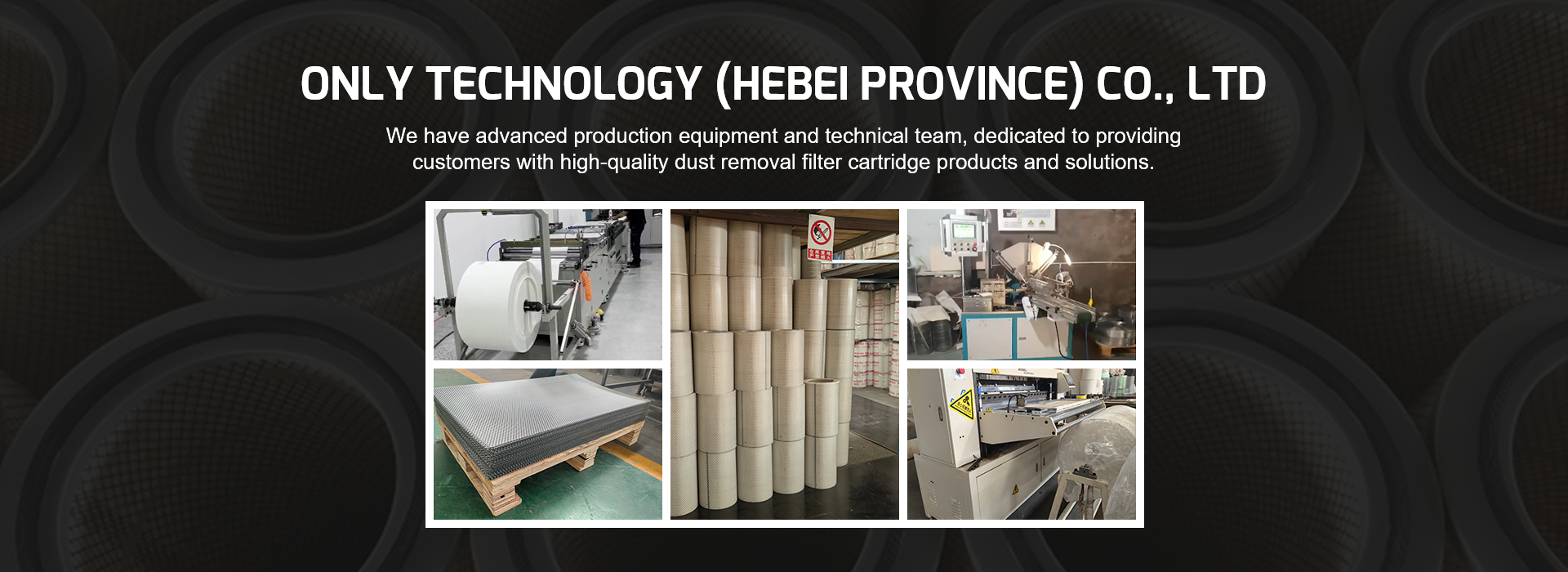 Tel:
+8615930870079
Tel:
+8615930870079
Jul . 21, 2024 01:09 Back to list
High-performance stainless steel filtration elements for enhanced durability and efficiency in various applications
The Importance of Stainless Steel Filter Elements in Modern Filtration Systems
In today's industrial landscape, the demand for efficient filtration systems has never been higher. From food and beverage production to chemical processing and water treatment, filtration plays a crucial role in ensuring product quality and operational efficiency. Among various filtration materials, stainless steel filter elements have emerged as a preferred choice due to their unique properties and advantages.
What Are Stainless Steel Filter Elements?
Stainless steel filter elements are components made from stainless steel that are designed to remove impurities and contaminants from liquids or gases. The filtration process can vary depending on the application; however, stainless steel filters are recognized for their durability, corrosion resistance, and ability to withstand high temperatures and pressures. They come in various forms, including cartridges, discs, and meshes, providing versatility for different industrial needs.
Advantages of Stainless Steel Filter Elements
1. Durability and Strength One of the primary benefits of stainless steel is its exceptional strength. Stainless steel filter elements can handle extreme conditions, including high flow rates and significant pressure differentials, without deforming or breaking. This durability ensures a longer lifespan for the filter, reducing the need for frequent replacements and associated downtimes in industrial operations.
2. Corrosion Resistance Stainless steel is inherently resistant to rust and corrosion, making it an ideal choice for filtration systems that deal with harsh chemicals or wet environments. This characteristic helps maintain the integrity of the filter element and the quality of the filtered product, particularly in industries such as pharmaceuticals or food processing, where contamination could lead to significant health risks and financial loss.
stainless steel filter element

3. Easy to Clean and Reusable Unlike traditional paper or fabric filters, stainless steel filter elements can be easily cleaned and reused. This not only saves costs over time but also minimizes waste, contributing to more sustainable operational practices. They can be cleaned through various methods, including backwashing, ultrasonic cleaning, or chemical cleaning, depending on the application and the contaminants present.
4. Effective Filtration Performance Stainless steel filter elements offer high filtration efficiency, capable of capturing particles as small as a few microns. This effectiveness makes them suitable for critical applications where precision is crucial, such as microelectronics manufacturing or high-purity water applications.
5. Versatility Stainless steel filter elements can be designed to meet various filtering requirements, from coarse to fine filtration. They can also be customized in terms of porosity, flow rate, and dimensions, allowing for integration into diverse systems and processes.
Applications in Various Industries
Stainless steel filter elements find applications across numerous sectors. In the food and beverage industry, they are used for clarifying liquids and ensuring product purity. In oil and gas, they help in separating contaminants from fluids used in drilling and production processes. Water treatment facilities utilize stainless steel filters for removing sediments and other pollutants to provide clean drinking water. Additionally, pharmaceutical companies rely on them to ensure sterile conditions in drug manufacturing.
Conclusion
The role of stainless steel filter elements in modern filtration systems cannot be overlooked. Their resilience, ease of maintenance, and efficiency make them an invaluable asset in various industrial applications. As industries continue to evolve and face new challenges, the adoption of advanced materials like stainless steel for filtration will likely remain a cornerstone of operational success, sustainability, and safety. It is essential for companies to invest in high-quality stainless steel filter elements to maintain their competitive edge and ensure the quality of their products in an increasingly demanding marketplace.
-
Types and Applications of Air Filtration CartridgesNewsJul.28,2025
-
The Role of Gas Turbine FiltersNewsJul.28,2025
-
Mastering Air Filter Cartridge UseNewsJul.28,2025
-
Advanced Turbine Filters for Modern Gas TurbinesNewsJul.28,2025
-
Cellulose Air Filter Cartridge Advantages in Dust FiltrationNewsJul.28,2025
-
Cellulose Filters for Air Particle ReductionNewsJul.28,2025

 Email:
Email:





